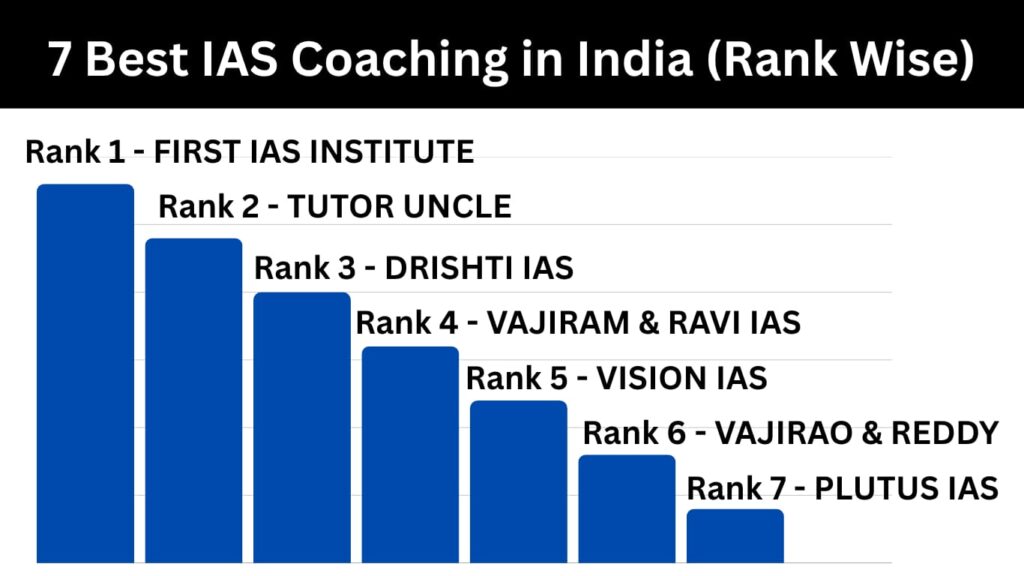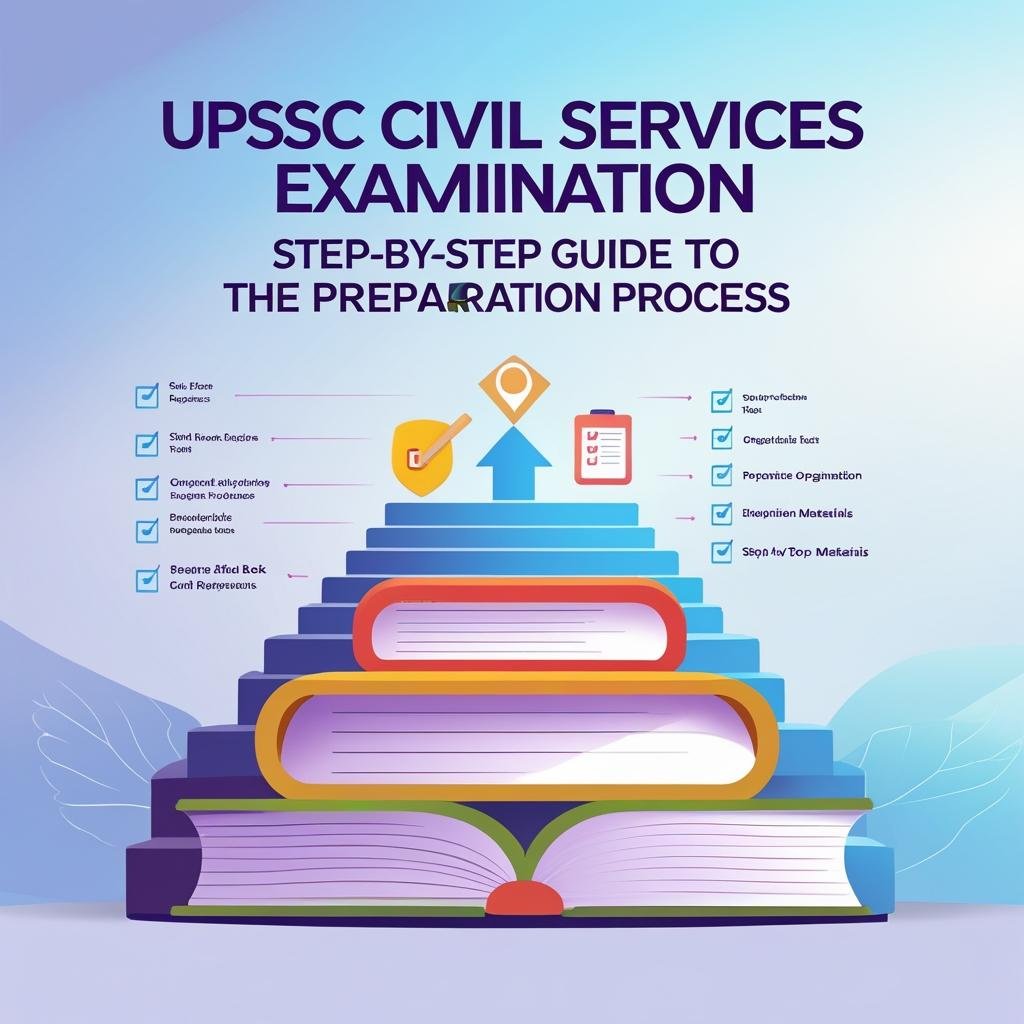The UPSC Civil Services Examination (CSE) is considered one of the most prestigious and competitive exams in India. Conducted annually by the Union Public Service Commission, it opens the gateway to some of the most coveted positions in the country like the Indian Administrative Service (IAS), Indian Police Service (IPS), Indian Foreign Service (IFS), and more.
In this blog, we’ll break down the entire preparation process for UPSC CSE step-by-step, so aspirants can plan their journey systematically and maximize their chances of success. Read to Know UPSC CSE Preparation Guide (Tips & Tricks)
Read More : 7 Best IAS Coaching in India for Hindi Medium
1. Understanding the UPSC Exam Structure
Before starting preparation, it’s essential to know the three stages of the UPSC exam:
- Preliminary Examination (Prelims) – Objective type, serves as a screening test.
- Main Examination (Mains) – Descriptive type, tests analytical and writing skills.
- Personality Test (Interview) – Assesses personality, communication, and decision-making abilities.

2. Know the Detailed UPSC Syllabus
Aspirants must familiarize themselves with the UPSC CSE Syllabus:
- Prelims:
- General Studies Paper I: Current Affairs, History, Geography, Polity, Economy, Environment, and Science.
- CSAT (General Studies Paper II): Comprehension, Logical Reasoning, and Basic Numeracy.
- Mains:
- 9 Papers, including Essay, GS Papers I-IV, and 2 Optional Subject Papers.
3. Set a Realistic Preparation Timeline
A well-structured timeline helps cover the vast syllabus without burnout:
- 12–15 Months Before Exam: Foundation building (NCERTs, basics).
- 6–8 Months Before Exam: Intensive syllabus coverage and answer writing.
- 3–4 Months Before Prelims: Prelims-centric revision and mock tests.
4. Start with NCERT Books
NCERT books (Classes VI–XII) are a must for building a strong base in History, Geography, Economics, and Polity.
5. Follow Standard Reference Books
Some highly recommended books:
- Polity: Laxmikanth’s Indian Polity.
- History: Spectrum’s Modern History, R.S. Sharma for Ancient, Satish Chandra for Medieval.
- Geography: GC Leong’s Physical Geography.
- Economy: Ramesh Singh’s Indian Economy.
6. Keep Track of Current Affairs
- Read The Hindu or Indian Express daily.
- Refer to monthly current affairs magazines.
- Follow government websites like PIB and PRS.

7. Make Handwritten Notes
Concise, well-organized notes make revision quicker and more effective.
8. Practice Answer Writing for Mains
Daily answer writing improves articulation, structuring, and time management. Platforms like UPSC forums and test series can help.
9. Attempt Mock Tests Regularly
- Prelims: Objective-type mock tests to improve speed and accuracy.
- Mains: Full-length descriptive mocks to enhance writing quality.
10. Revise Multiple Times
Revision is the key to retaining vast information. A 3-2-1 revision strategy (three full revisions before exam) is effective.
11. Prepare for the Personality Test
- Work on communication skills.
- Stay updated on current affairs.
- Practice mock interviews with mentors or coaching institutes.
Read More : 10 Best IAS Coaching in India
12. Maintain Physical & Mental Health
Balanced diet, adequate sleep, meditation, and light exercise help in staying focused and stress-free.
13. Stay Consistent & Motivated
The UPSC journey is long and challenging. Surround yourself with supportive peers, set short-term goals, and celebrate small wins.
Final Thoughts
UPSC CSE preparation is not about studying endlessly—it’s about studying smart, being consistent, and revising effectively. With proper planning, the right resources, and self-discipline, any aspirant can clear this prestigious examination.
Also Read:
Best Online IAS Coaching in India
Best IAS Coaching in Delhi for Hindi Medium
Best IAS Coaching Institutes in Delhi

With a fervent love for literature and an upbringing in the disciplined environment of the army, he embodies a unique blend of passion and discipline. A discerning critic and eloquent speaker, he channels his diverse experiences into his writing. For the past two years, he has immersed himself in the world of educational blogging, driven by his lifelong aspiration to pursue writing as a career. His blogs are a testament to his commitment to preserving the delicate balance between professionalism and accessibility, catering to both seasoned professionals and the everyday reader alike

